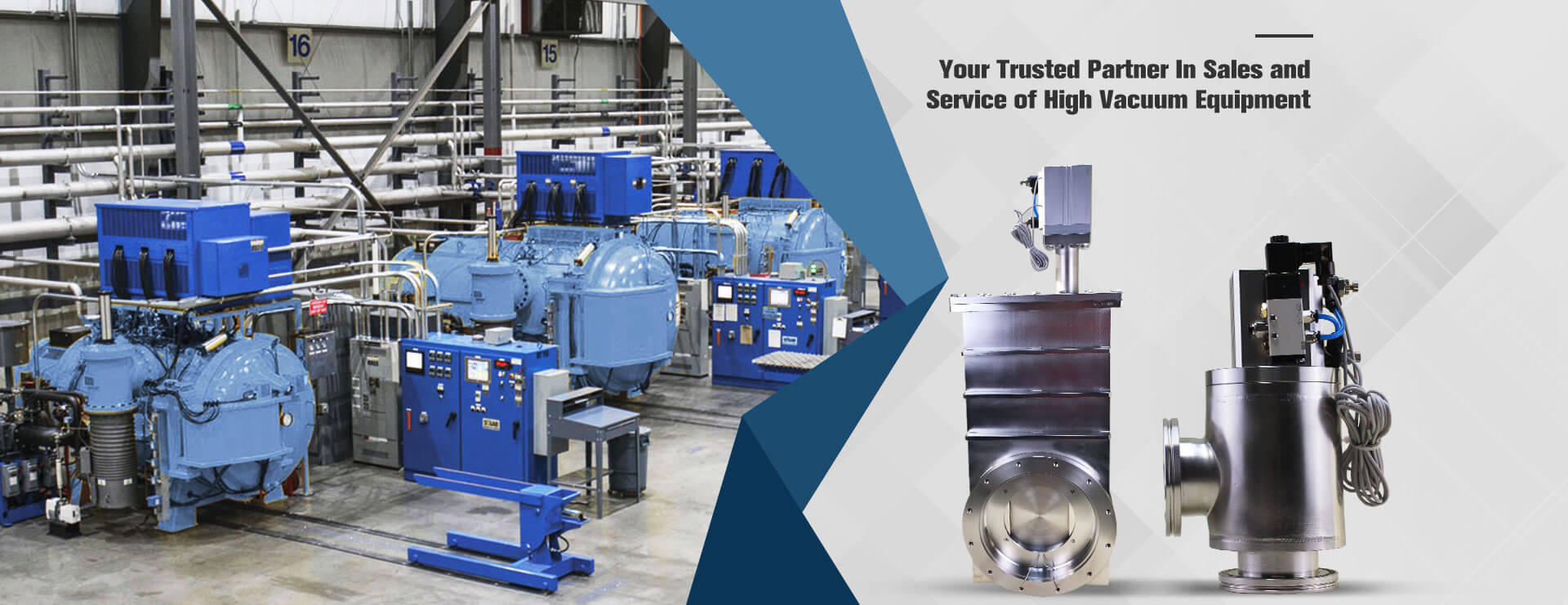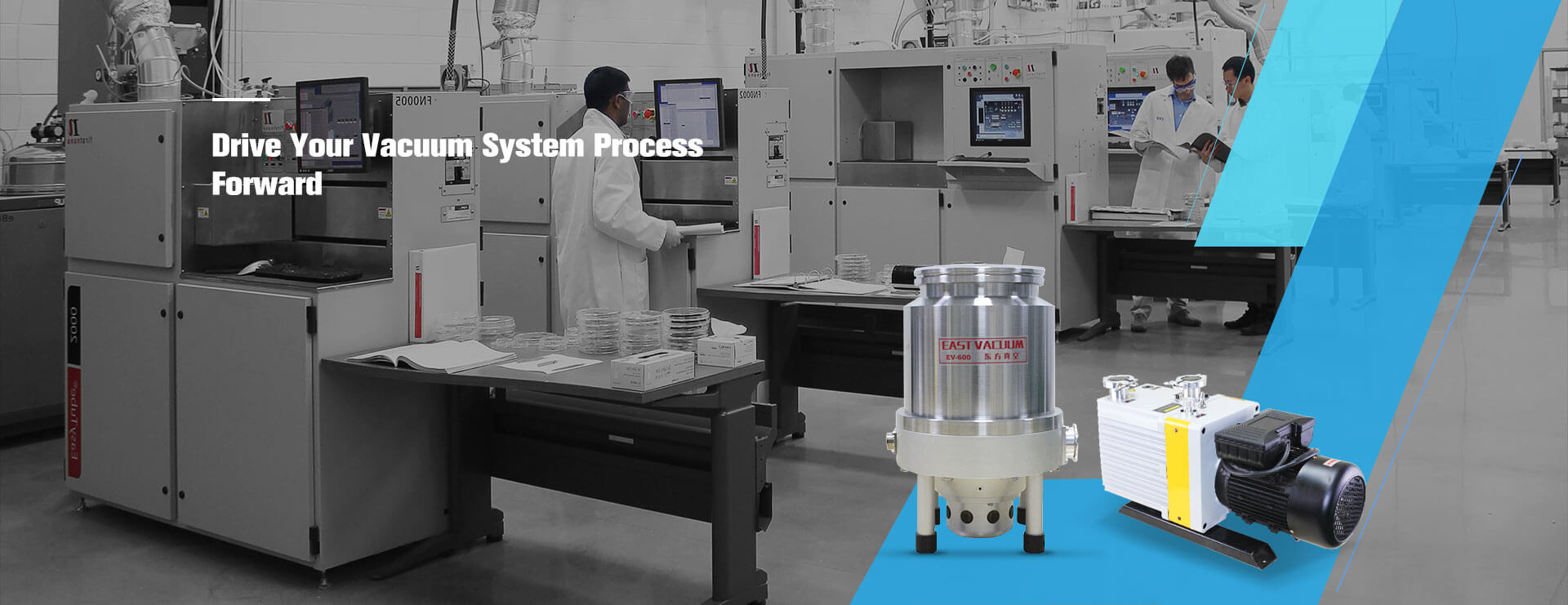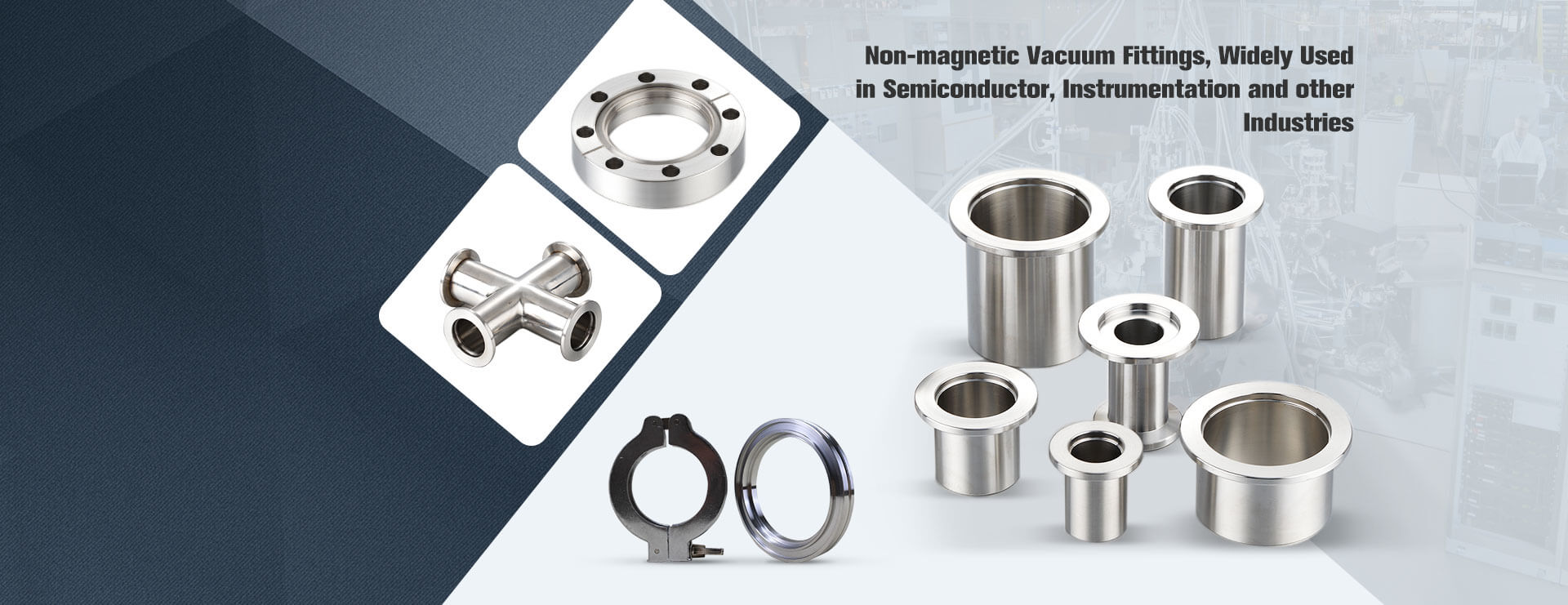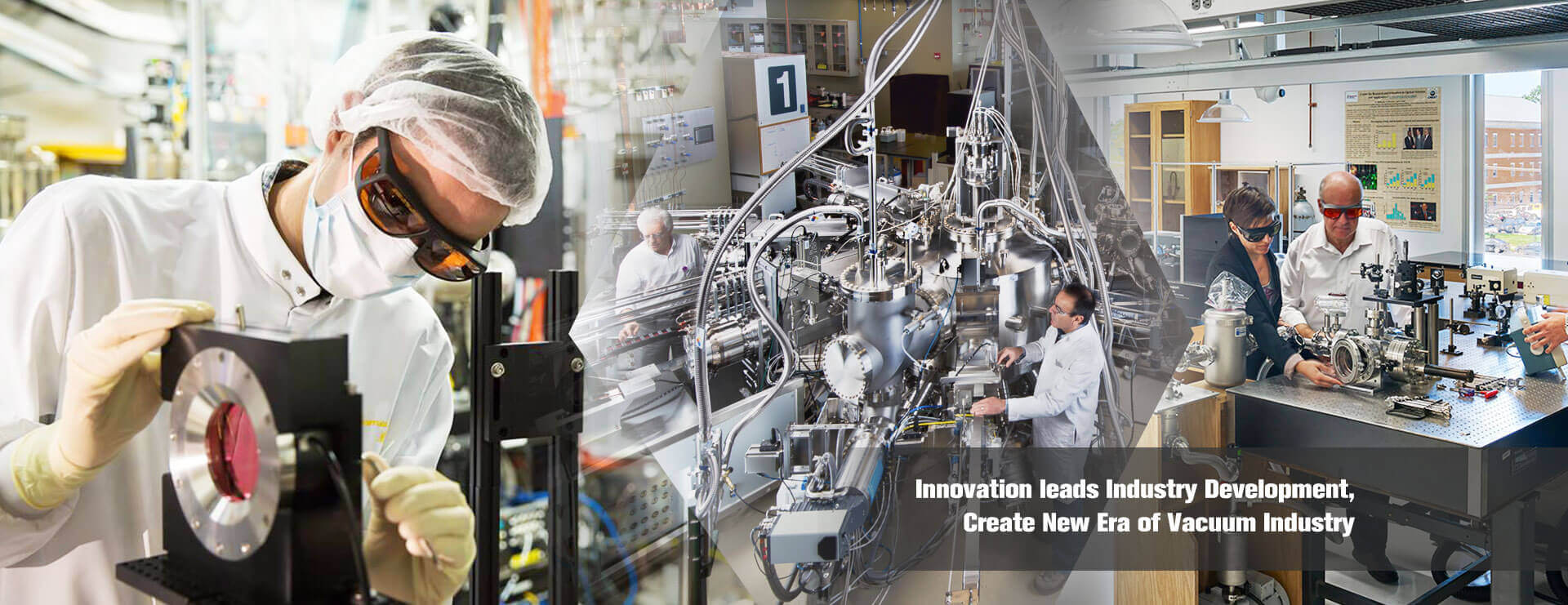Vacuum pumps have a wide range of applications in the manufacturing industry, primarily used to create or maintain specific vacuum environments to cater to different processes and production requirements. Below is a detailed overview of their applications in manufacturing:
I. Vacuum Processes
1. Semiconductor Manufacturing: High vacuum environments are essential in semiconductor manufacturing. Vacuum pumps are used in photolithography machines, thin-film deposition equipment, and other processes to create highly clean vacuum conditions, ensuring process stability and product quality. The high vacuum minimizes impurities and contamination, enhancing the performance and reliability of semiconductor devices.
2. Optical Film Coating: During the coating of optical films, vacuum pumps create a vacuum environment to ensure uniform and high-quality coating. The vacuum minimizes the impact of airflows on the coating process, improving precision and yield rates.
3. Precision Instrument Assembly: In assembling precision instruments, vacuum pumps are widely employed. By creating a vacuum environment, they reduce external factors’ influence on the assembly process, enhancing precision and stability.
II. Atmosphere Evacuation
1. Injection Molding & Die Casting: Vacuum pumps are used to evacuate gases from materials or products during these processes, preventing bubbles, defects, and deformations. By creating a vacuum, they effectively remove gases within materials, improving product quality and consistency.
2. Glass Manufacturing: In glassmaking, vacuum pumps play a vital role in eliminating bubbles and impurities from glass, enhancing transparency and quality.
III. Material Handling
1. Heat Treatment & Surface Treatment: Performing heat treatment and surface treatment under low pressure or vacuum conditions can improve material properties. Vacuum pumps are used to evacuate gases from these processes, creating suitable treatment environments.
2. Vacuum Metallurgy: In vacuum metallurgy, vacuum pumps create high vacuum environments to prevent impurities and contamination from affecting the process, enhancing product quality and purity.
IV. Packaging & Encapsulation
1. Food & Pharmaceutical Packaging: In food and pharmaceutical manufacturing, vacuum pumps create vacuum environments inside packaging containers to extend product shelf life and prevent oxidation and spoilage. This enhances product safety and stability.
2. Electronic Product Encapsulation: During electronic product encapsulation, vacuum pumps help evacuate gases and impurities from the process, improving encapsulation reliability and performance.
V. Environmental Protection Applications
1. Waste Gas Treatment & Purification: In some manufacturing processes, harmful gases or volatile substances are produced. Vacuum pumps extract these gases for treatment, reducing environmental pollution and hazards. This promotes green production and sustainable development.
VI. Other Applications
1. Workpiece Fixation & Adsorption: When processing large, complex-shaped, or irregular-surfaced workpieces, vacuum pump systems can fix them on the worktable through suction pressure, improving processing precision and stability.
2. Vacuum Cooling & Drying: In vacuum cooling and drying processes, vacuum pumps create low-temperature or low-humidity vacuum environments, accelerating product cooling and drying, enhancing production efficiency.
In summary, vacuum pumps have diverse and critical applications in the manufacturing industry. By creating or maintaining specific vacuum environments, they provide necessary conditions and support for various processes and production requirements. As technology advances and industries evolve, the application areas of vacuum pumps will continue to expand and deepen.
Post time: Aug-13-2024





